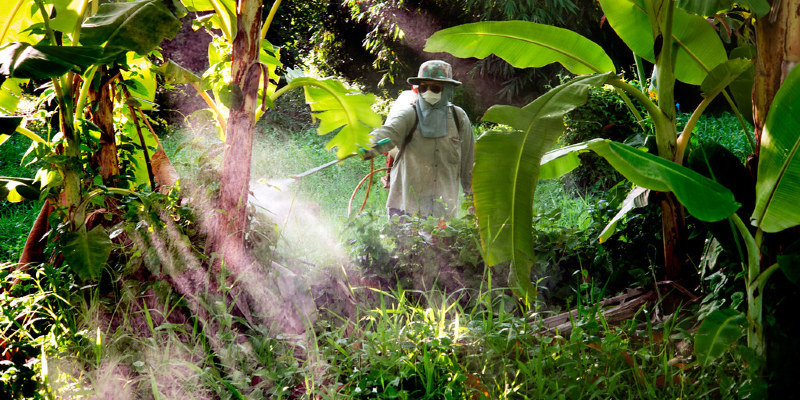
5 Generic Household Plants which are Poisonous to Animals
If your cat or dog is chewing on your houseplants, you may have a problem that is more severe than just the destruction of their plants. Some common houseplants are poisonous to animals and could possibly cause your pet sick or possibly kill it. If you can not keep potentially poisonous plants from your pet’s reach, look at giving those plants away to your buddy without pets.
Dieffenbachias
Green and soluble dieffenbachias (Dieffenbachia amoena) are poisonous to dogs, cats and rodents. They’re also referred to as mother-in-law’s tongue, tuft root and dumbcane. They develop outdoors in U.S. Department of Agriculture plant hardiness zones 10b to 11a and everywhere as houseplants. The title dumbcane comes from the poisonous sap, which when chewed on causes the tongue to swell and become numb. Signs your pet has chewed on a dieffenbachia include excessive drooling, vomiting and difficulty swallowing. The entire plant is poisonous, though rarely fatal.
Lilies
Easter lilies (Lilium longiflorum), also referred to as trumpet lilies and Madonna lilies, can be lethal if a cat eats them. These plants grow outdoors in USDA zones 4 through 9 but are usually handled as temporary flowering plants inside. Lilies are very poisonous, and could be deadly to cats. If swallowed, even small amounts can cause bladder shutdown if not handled by a vet within 18 hours. The entire plant is poisonous, including leaves, roots and flowers.
Cyclamens
Cyclamens (Cyclamen spp.) , using their showy blooms and deep green leaves, make lovely houseplants and develop outdoors in USDA zones 5 through 9, but they’re poisonous. Cyclamens contains a poisonous triterpenoid saponin, called cyclamin, from the roots. This saponin is poisonous to fish, cats and dogs. When consumed, the leaves and flowers can cause salivation, diarrhea and vomiting. The root is more poisonous, causing heart problems, seizures and death.
Jade Plants
Jade plants, also referred to as dwarf rubber plant and friendship tree (Crassula ovata), are grown because of their deep green, fleshy leaves. Jade plants, which grow outdoors in USDA zones 10 through 11, are poisonous to both cats and dogs. Researchers aren’t completely certain why jade plants create cats and dogs sick, but they perform. Symptoms your pet has eaten jade plant include vomiting, depression and loss of coordination.
Aloe Plants
Aloes, including aloe vera (Aloe vera) include a saponin called aloin. It is a bitter, yellow substance found in most species of aloe. Aloe vera is increased as a houseplant but also grows outdoors in USDA zones 9 through 11. It is poisonous to both cats and dogs, causing vomiting diarrhea, tremors and reddish urine.
Getting Help
Various animals respond differently to potentially poisonous plants. A plant that’s deadly to cats might be innocuous to your lizard or even a dog. If you suspect that the animal has eaten a potentially poisonous plant, then call the ASPCA Animal Poison Control Center in -LRB-888-RRB- 426-4435. As of 2014, it costs $65 for a consultation. If your pet is showing symptoms or even if you suspect it’s eaten a known toxin, call your veterinarian or animal emergency area. If you can, collect a sample of this stuff your beast has chewed or anything vomited and bring it with you to the veterinarian.